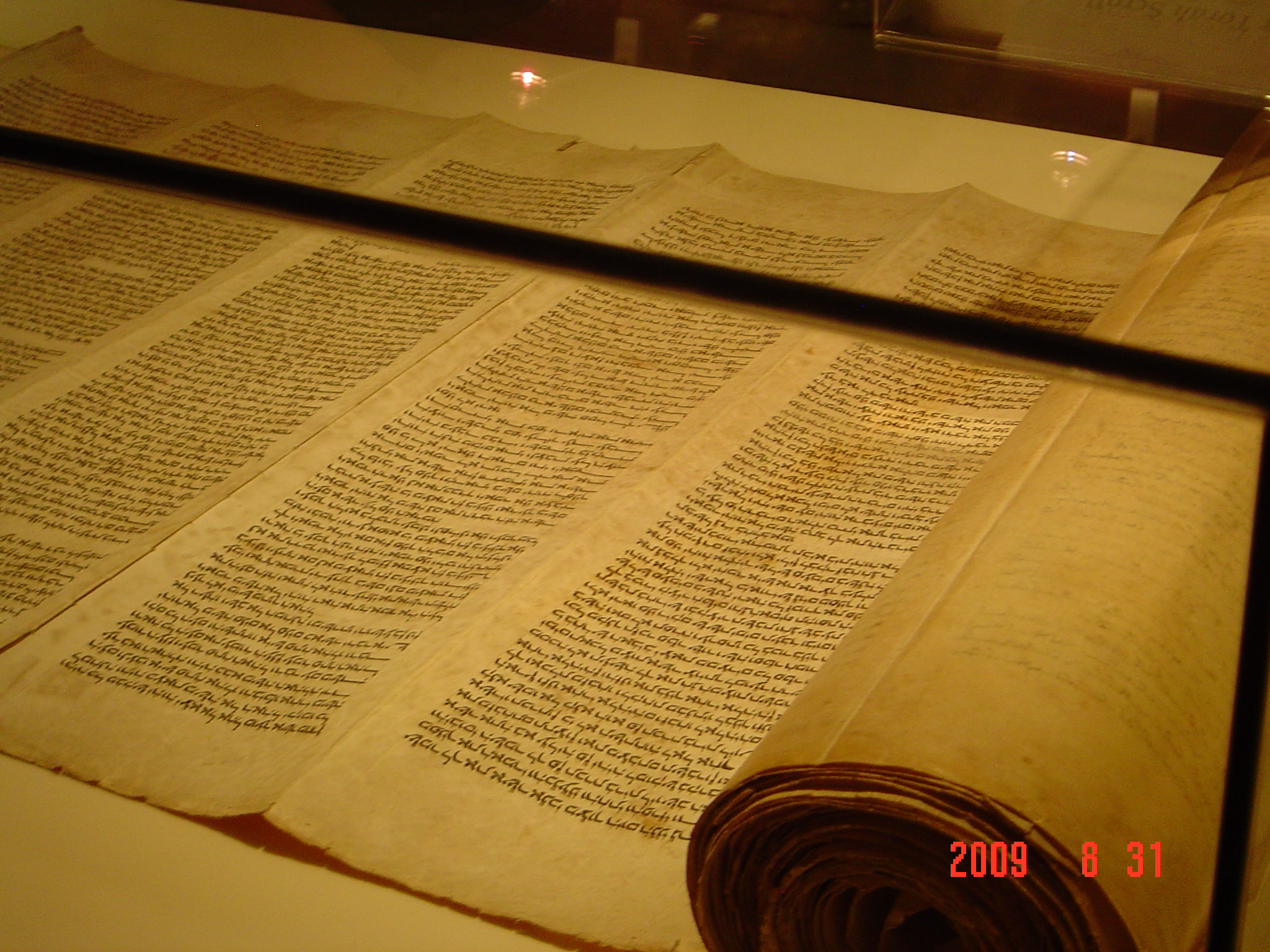Blog
“Summary: Psalm 119:33-112”
Categories: Bulletin Articles
As with everything else in the psalm, this section of Psalm 119 concerns the relationship between the psalmist and the word of God. The acrostic structure of the psalm continues in this portion, this time employing the Hebrew letters from He to Nun.
Psalm 119:33-40 (He) acknowledges the connection between God’s word and life. Those who seek the word and follow it will receive life, but those who seek after worthless things and selfish gain will not know God’s blessing.
Psalm 119:41-48 (Waw) focuses particular attention on the usefulness of the word in times of confrontation. The psalmist uses the law of God to answer those who taunt him, to find hope, and to give him confidence when he stands before kings. These benefits are only available to those who love God’s commandments and trust in them.
Psalm 119:49-56 (Zayin) considers the consolation that is available in the word. Even when he is afflicted, when others mock him, when the wicked abandon God, and when things look (both literally and metaphorically) dark, the psalmist still draws comfort from God’s law.
Psalm 119:57-64 (Heth) makes a connection between the steadfastness of God and the psalmist’s steadfastness. No matter what, he continues to seek the word and praise God, and he is confident that this is the correct strategy because of the obviousness of God’s steadfast love.
Psalm 119:65-72 (Teth) explores the difference between those who honor God’s law and those who do not. The psalmist strayed from God before he was afflicted, but his suffering taught him the importance of obedience. On the other hand, the insolent continue to oppose him and God because the word does not move their hearts.
Psalm 119:73-80 (Yodh) examines the value of the word in times of trouble. Through God and His law, the psalmist hopes that his affliction will work out for good, that he will be comforted, that the insolent will be ashamed, and that the faithful will seek him out.
Psalm 119:81-88 (Kaph) is a plea for God’s help according to the promises of the word. The psalmist has lived according to God’s law, and he cherishes the hope that God offers him. Consequently, he calls on God to rescue him so that his relationship with His commandments can continue.
Psalm 119:89-96 (Lamedh) focuses on the trustworthiness of the word. The rest of God’s creation proclaims His faithfulness, so it is logical to attribute that same faithfulness to the word. Those who trust in it will be delivered.
Psalm 119:97-104 (Mem) is one of the most famous sections of the psalm. It exclaims over the psalmist’s love for God’s law and the benefits that come from studying it. The commandments of God make the psalmist wiser than mentors and enemies alike, and they teach him to act and think righteously.
Psalm 119:105-112 (Nun) contains the most famous verse in the psalm (119:105) and reflects further on how the word is useful through different seasons of life. The psalmist vows his faithfulness to the word until life’s end.





